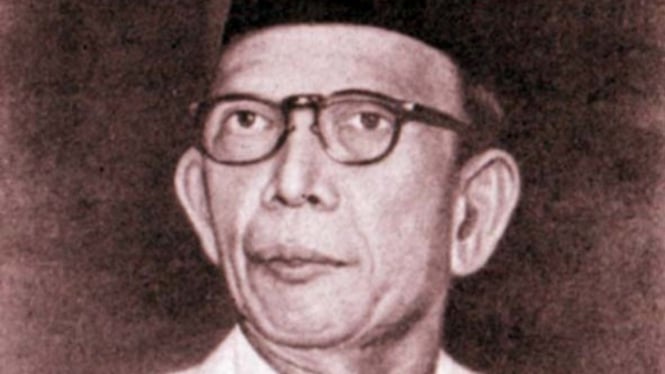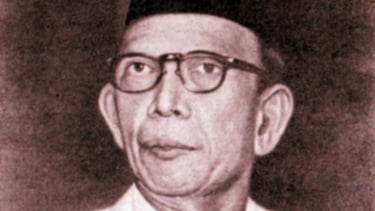- Istimewa
VIVA – The government established May 2 as National Education Day through Presidential Decree No 316 of 1959. This day is considered important as a form of government concern for the importance of education in Indonesia.
National education day this year takes the theme "Bergerak Bersama Semarakkan Merdeka Belajar" the commemoration of this day is also a momentum to improve patriotism and nationalism for education.
Behind National Education Day is also the background of an important figure who has extraordinary services in the world of education in Indonesia, namely Ki Hadjar Dewantara.
Aneka Peringatan Hari Pendidikan Nasional
- ANTARA FOTO/Adwit B Pramono
Ki Hadjar Dewantara was born in Pakualaman on May 2, 1889, and died in Yogyakarta on April 26, 1959 at the age of 69. That's why his birth date is commemorated as National Education Day in Indonesia.
As known, Ki Hadjar Dewantara is a national hero who dared to fight the education policies of the Dutch East Indies government at that time. Education was only be felt by Dutch-born children or children from the wealthy class.
His criticism of government policy at that time led him to be exiled to the Netherlands. After returning to Indonesia, Ki Hadjar Dewantara then founded an educational institution known as Taman Siswa.
Apart from establishing Taman Siswa, Ki Hadjar Dewantara was also an activist in the Indonesian independence movement, columnist, politician, and pioneer of education for indigenous Indonesians during the Dutch colonial era.
Ki Hadjar Dewantara completed his basic education at ELS (Europeesche Lagere School) or elementary school during the Dutch East Indies colonial era in Indonesia.
Furthermore, he also continued his education to STOVIA (School tot Opleiding van Indische Artsen), which is a doctor's education school in Batavia during the Dutch East Indies colonial era, but did not graduate due to illness.
Ki Hadjar Dewantara also worked as a writer and journalist in several newspapers, he was also active in social and political organizations in Indonesia, namely Boedi Oetomo and Insulinde.
Ki Hadjar Dewantara's most famous writing at the time was, "Een voor Allen maar Ook Allen voor Een" or "One for All, but All for One Too."
Another of Ki Hadjar Dewantara's most famous columns was entitled "Als ik een Nederlander was" which translates to, "If I Were a Dutchman." The article was published in De Expres newspaper on July 13, 1913, the newspaper was under the leadership of Ernest Douwes Dekker.
However, because of his writing, he was arrested and exiled to Bangka Island. But his two colleagues, Ernest Douwes Dekker and Tjipto Mangoenkoesoemo, protested against the exile.
Finally, the three of them were exiled to the Netherlands, and these three figures became known as the "Tiga Serangkai."























